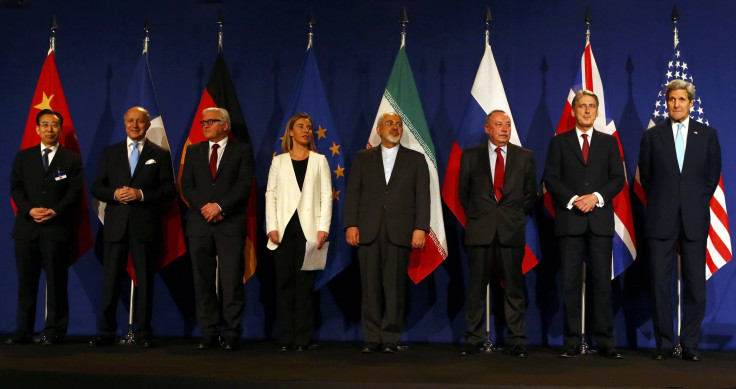Iran Deal Full Text: Read The Framework For The World Powers' Nuclear Deal

The United States and five other world powers reached Thursday a preliminary agreement that would keep Iran from developing nuclear weapons. The framework deal was months in the making and is based not on trust but on "unprecedented verification," U.S. President Barack Obama said at a news conference. "I am convinced if this framework leads to a final, comprehensive deal, it will make our country, our allies, our world safer," Obama said.
Iran agreed to limit its nuclear capability -- aimed at producing nuclear power, not bombs -- so that the U.S. would lift sanctions on the country. Even though they'll be restricted, Iran's enrichment activities won't stop completely, according to CNN. "None of those measures include closing any of our facilities. The proud people of Iran would never accept that," said Iranian foreign minister Javad Zarif.
The New York Times reported the deal has a few issues that need to be talked out before June, but as Zarif said, "We have stopped a cycle that is not in the interest of anybody."
Other nations that participated in the talks included China, France, Germany, Russia and the United Kingdom. Read the deal, titled "Parameters for a Joint Comprehensive Plan of Action," below or here.
© Copyright IBTimes 2024. All rights reserved.
Join the Discussion






















